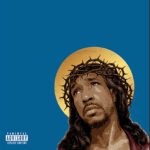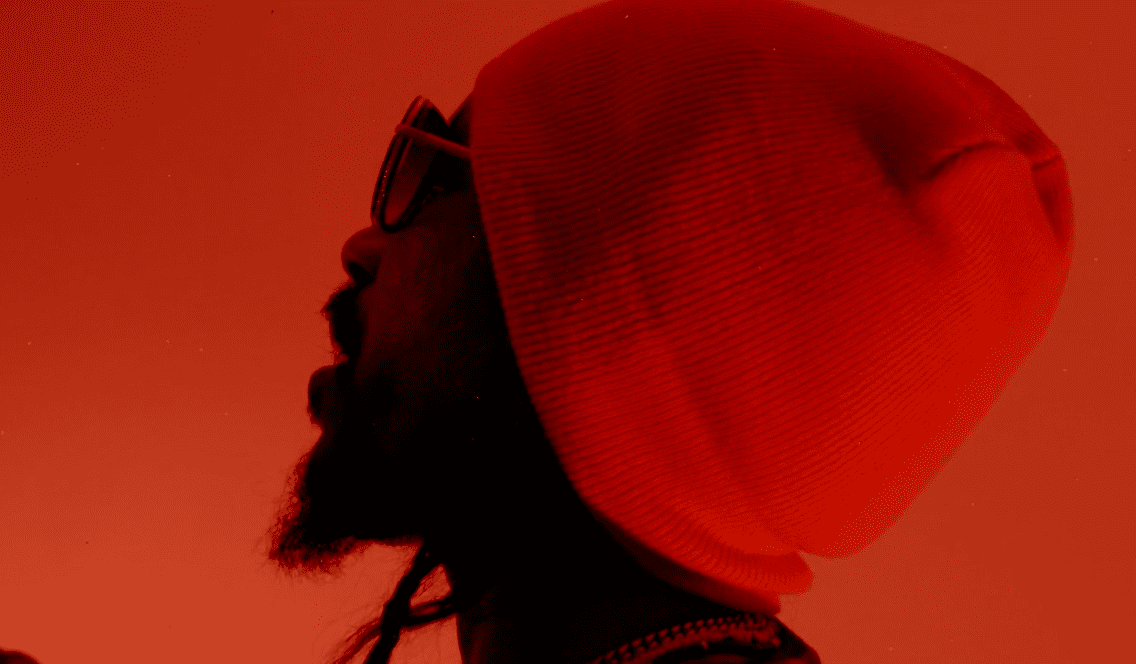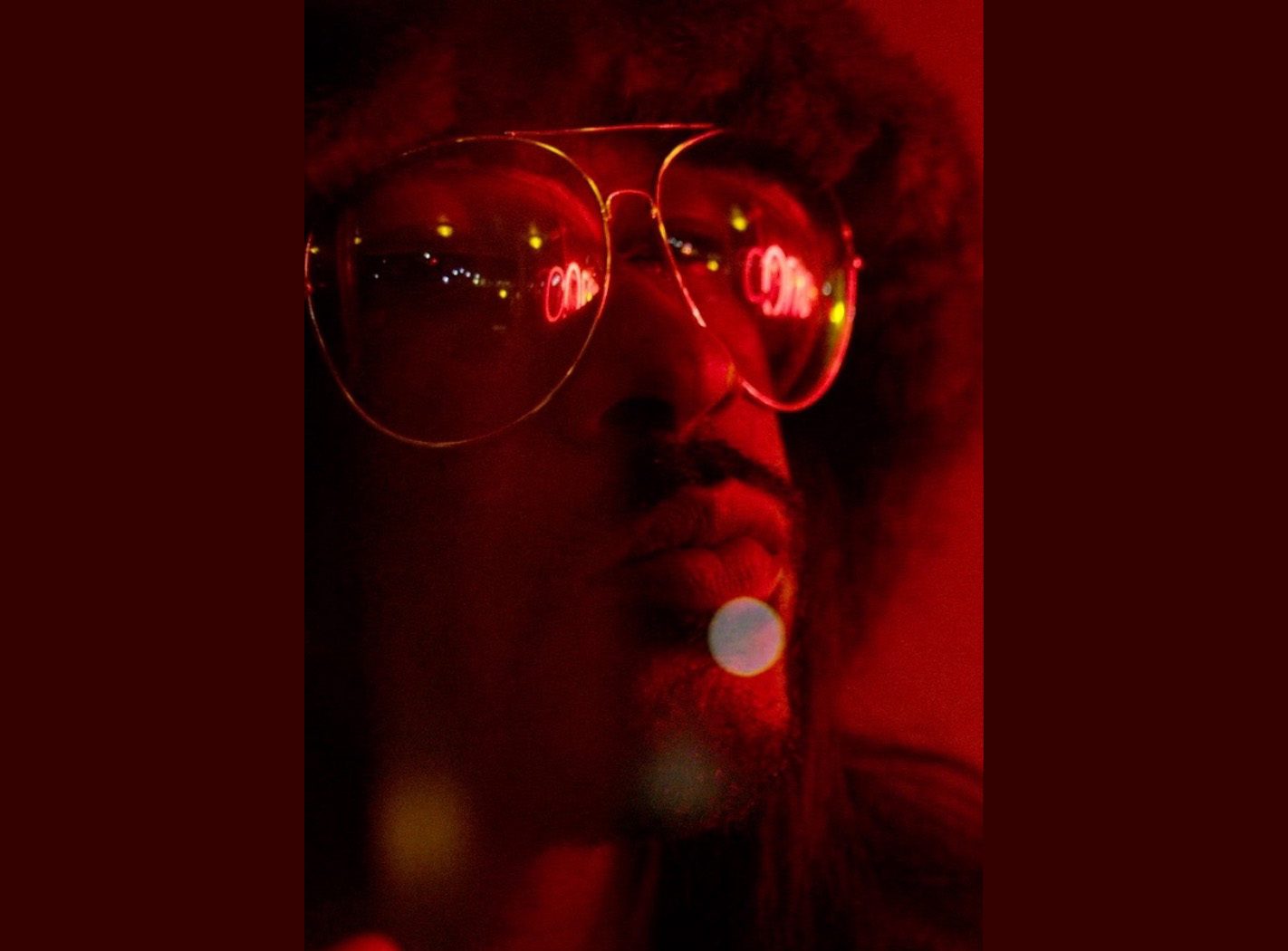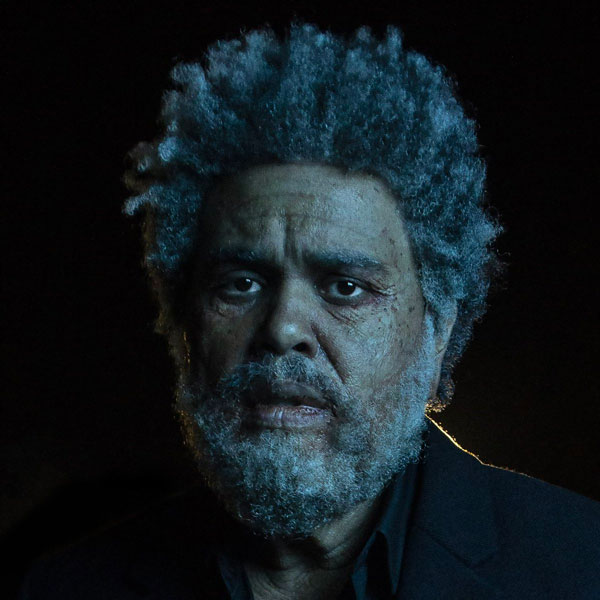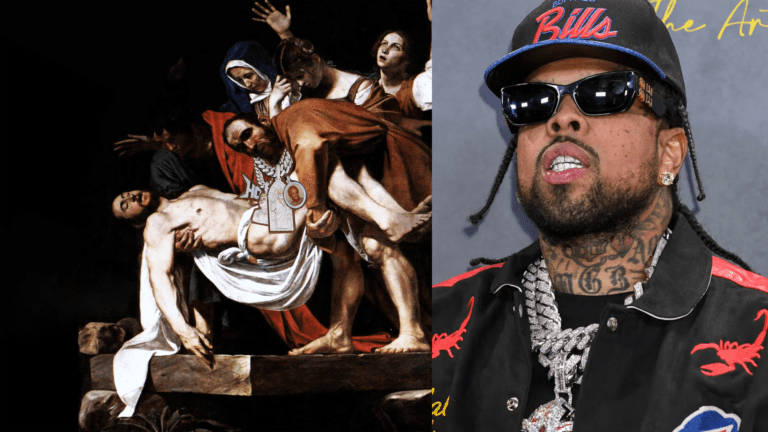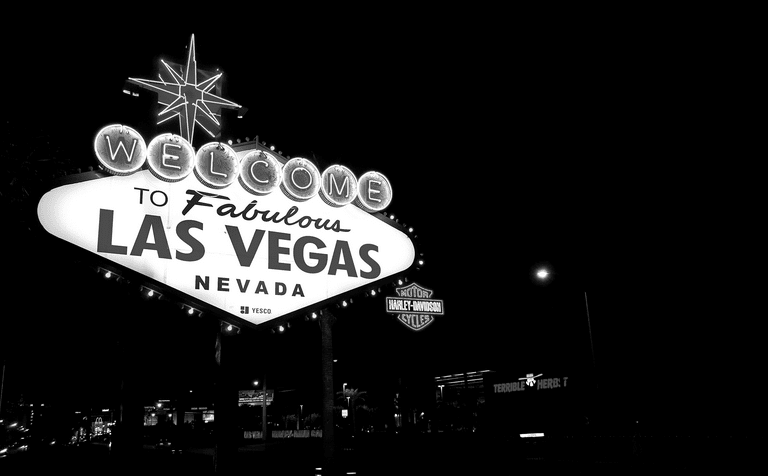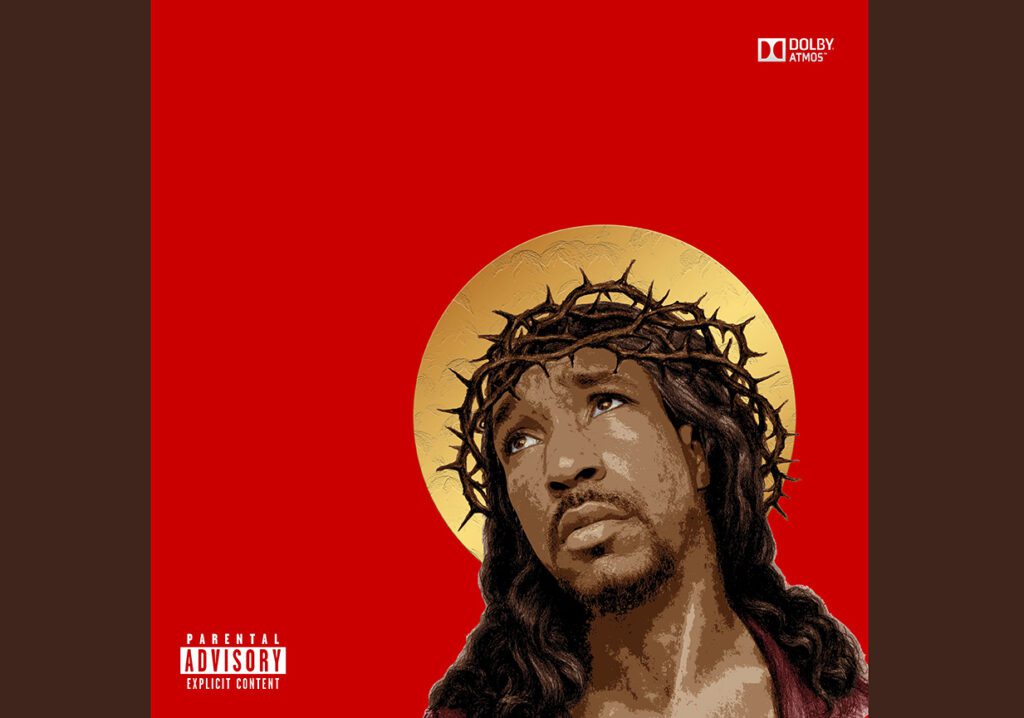
In an era where hip-hop is often over-polished and over-processed, Oran Juice Jones II goes analog and deeply personal on his fifth studio album Juicetopher, released April 20, 2025 — a symbolic Easter Sunday shared by both Catholic and Orthodox Christians. The project, recorded entirely in one take to 24-track tape with no digital interference, feels like a time capsule of emotion, spirituality, and sonic purity. And with a cover that depicts Jones as a Christ-like figure, it’s clear this is no ordinary rap record — it’s a resurrection.
The title Juicetopher itself is a layered tribute. It combines the artist’s nickname “Juice” with the alias of co-producer and guitarist Chris Pinset, who helped sculpt the album’s raw, analog aesthetic. Together with drummer Adam Deitch, Lamar Moore, Tre-Bor, Baron Raymonde, and others, they crafted a body of work that defies the trends and dives deep into the soul.
The album opens with “A Brighter Day,” a hopeful, almost cinematic overture driven by warm Rhodes keys and layered live percussion. It sets the tone for what’s to come — a journey through pain, redemption, and survival. “Heart of Gold” follows with Jones reflecting on loyalty, betrayal, and resilience, carried by subtle saxophone swells and Laura Paul’s ghost-like harmonies.
“Sunday Sermon” is one of the record’s most powerful moments. Delivered with preacher-like cadence, Jones confronts the loss of his collaborator B-hi while connecting street narratives to spiritual warfare. “I Won’t Die” is a defiant anthem, with a hook that hits like scripture: “They buried me with the rest, but I bloomed in the dirt.”
On “Shine,” the energy lightens, serving as a celebration of perseverance, framed by Baron Raymonde’s radiant saxophone solos. But that brightness quickly gives way to the shadowy, guitar-driven “Slash&Stone,” a track that sounds like a confessional whispered in a smoky church basement. Jones speaks of scars — physical, emotional, generational — with poetic clarity.
The most jarring moment comes with “Cocaine,” a brutally honest portrayal of addiction, fame, and self-destruction. Jones doesn’t glorify — he exposes, rapping with a chilling calm. “Pitiful” continues the descent, drenched in minor chords and regret, before the album closes with “Where I’m From,” a hometown elegy that ties the personal to the political. It’s gritty, proud, and deeply rooted in Harlem — a proper ending to a deeply grounded album.
At just nine tracks, Juicetopher is tightly curated but expansive in scope. It’s not built for playlists or TikTok trends — it’s built to be listened to front-to-back, preferably on wax, ideally with the lights low. It’s also a masterclass in live recording — mistakes included, which only enhance the experience.
This is Oran Juice Jones II at his most vulnerable, most focused, and most fearless. Juicetopher isn’t just an album — it’s a spiritual exercise, a mourning ritual, and an artistic manifesto rolled into one. And in choosing to rise on Easter Sunday — with both East and West looking upward — Jones reminds us that the deepest power of music isn’t to entertain, but to resurrect.
Rating: 9/10


